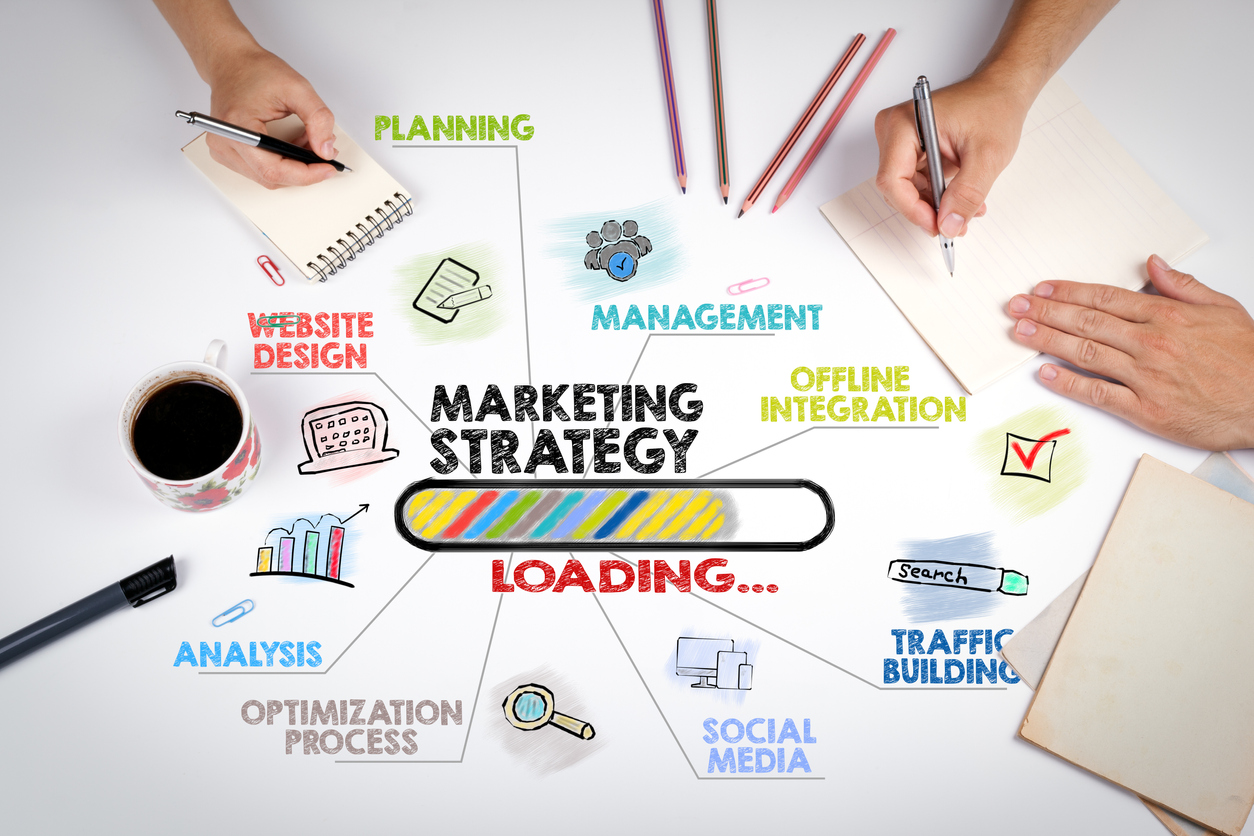
Campaign Budgeting & Bidding Strategies: What you need to know for Google PPC
When to Use the Right Google Ads Bid Strategies
The Initial roll out of an exceptional PPC Google Ads account starts by choosing the correct Google ads bid strategies for your business goals and understanding how to correctly budget your campaigns. This is one of the most important elements of a successful foray into paid search, and budget manipulation directly impacts how much ROI from your campaigns you can see.
With average CPC’s growing a reported 17% in Q1 ‘24 compared to Q1’ 23, it’s more important than ever to pay attention to the details. The best way to do that is to get familiar with the top Google Ads bid strategies and understand when it makes sense to implement them.
Top Google Ads bid strategies and when to correctly apply them
Not all Google Ads bid strategies are created equal —and the metrics they optimize towards are completely different. Here’s a breakdown of some of the most commonly used bid strategies with recommendations on when and how to use them.
Manual Cost-Per-Click (CPC)
Conquering Manual CPC is the first obstacle to paid search success. Google’s Algorithmic bidding is a very powerful tool, but can only be 100% effective if trained properly. With Manual CPC, you choose the amount you are willing to pay for each click, and Google will not bid above that value. It is a great way to gain key insights on initial campaigns for future performance optimizations.
It’s very rare (unless we’re inheriting an account that’s a properly structured well-oiled-machine) that we would launch a new campaign with an automated bidding strategy without first testing Manual CPC for initial data.
Manual with Enhanced CPC (E’CPC)
E’CPC as it’s commonly referred to is the first step into algorithmic bidding. This bid strategy allows you to set a manual bid that you are comfortable with, but gives Google some leeway to bid slightly higher when a customer identified as one more likely to convert enters a query. To opt into E’CPC – simply select the Manual CPC option and check one of the following boxes below. Conversions typically work better for lead generation while Conversion Value is used more in the ecommerce space. The correct tracking is required for either to work properly
Max Clicks
Max Clicks is a great bidding strategy for brand awareness plays or if you’re trying to accumulate data in a short amount of time. This strategy tells Google to find and bid on any searches relative to keywords in your campaign, but to stay within your daily budget. I sparingly use it. Typically it makes the most sense on campaigns that are having a hard time spending at all. Should you test this bid strategy, I recommend adding a maximum bid, so you don’t churn through your daily budget too quickly. If you don’t add a max bid, cpc’s can sometimes be in the $100-$200 dollar range.
Maximize Conversions
Maximize Conversions can be a very powerful tool leveraging all your campaign data to get as many conversions as possible. Typically this is a bid strategy that is only leveraged after completing a successful run with Manual CPC or E’CPC bidding strategies. Max Conversions really only works best on campaigns that have seen 10-20 conversions in the past 30 days.
Target Impression Share
Not worried about efficiency? If you simply want to show up anytime a keyword you’re bidding on is searched, target impression share would be the best option. This allows you to target a % of time you want your ads to be shown within the constants of your daily budget. It is mostly used for brand awareness search campaigns.
Value Based Bidding
The main use case for value based bidding is ecommerce. For instance, if you are selling one product at $100 dollars and another at $300 dollars, you don’t want an algorithm to weigh the purchases of those items the same during the bidding process. Bidding based on value vs a conversion would help you bid more on people who are more likely to purchase a product with a higher price tag.
Your Google Ads Bidding Strategy Cheat Sheet
| Google Ads bid strategy | When it is recommended |
| Manual CPC | Paid Search, when you are first getting you’re campaigns off the ground |
| Manual E’CPC | Paid Search, after you have initial findings from Manual CPC |
| Max Clicks | Multiple campaign types. Used sparingly — usually only when conversions is not the goal or you a campaign is failing to spend and efficiency isn’t a consideration. |
| Max Conversions | Multiple campaign types. Extremely effective if and only if a manual approach has gained enough insights for the algorithm to be successful and warrant the transition. |
| Target Impression Share | Multiple campaign types. Used sparingly —usually only when the goal of a campaign is maintain brand share and efficiency isn’t a consideration. |
| Value Based Bidding | Google Shopping or Ecommerce campaigns. Extremely effective if you have ad groups promoting products with different price points. |
You Can’t Optimize Off Data You Don’t Have
Nothing can sink a PPC Google Ads campaign quicker than non-actionable data. Things like bad search queries and expensive CPC’s can mistrain Google’s algorithm to work against your goals. Keep it simple and use the bidding strategy that makes sense for your goals.
Most newsletters suck...
So while we technically have to call this a daily newsletter so people know what it is, it's anything but.
You won't find any 'industry standards' or 'guru best practices' here - only the real stuff that actually moves the needle.







